Plantation
Community
Empowerment
Programmes

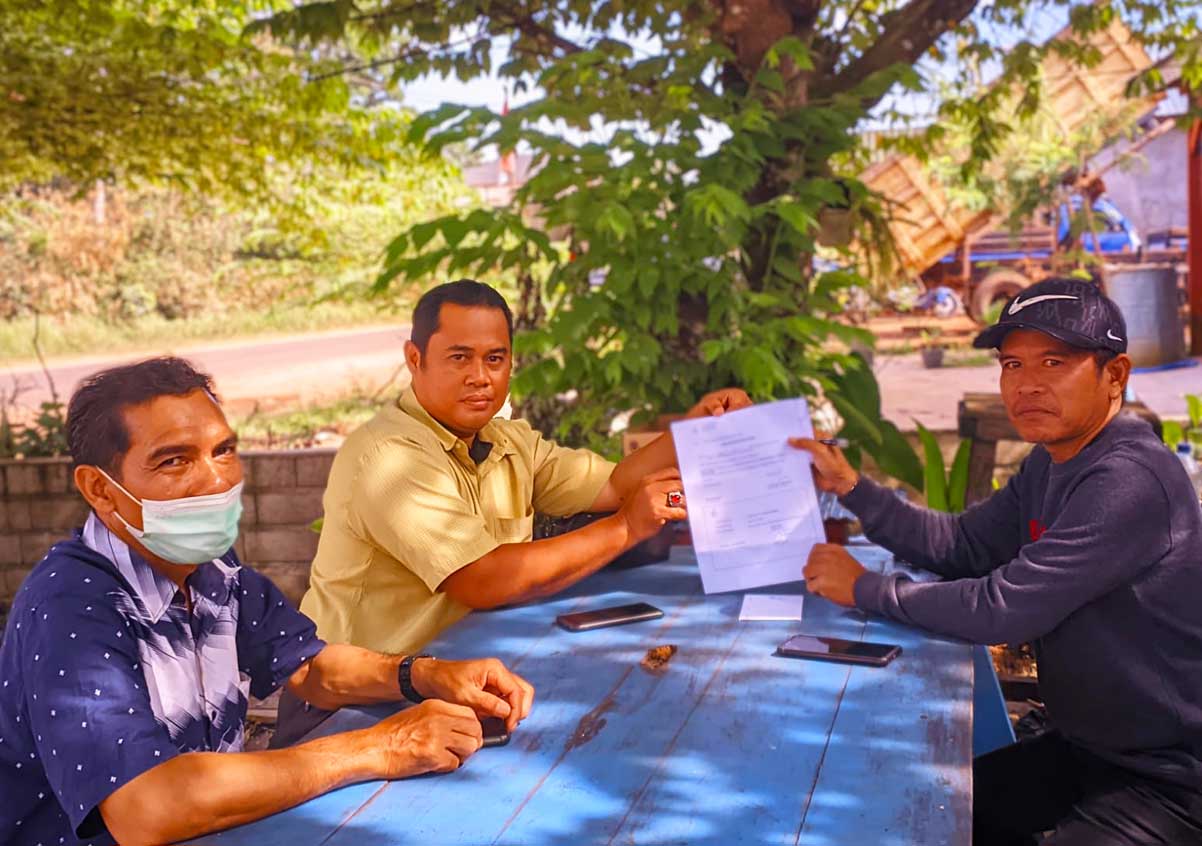
Community Entrepreneurship
Programme
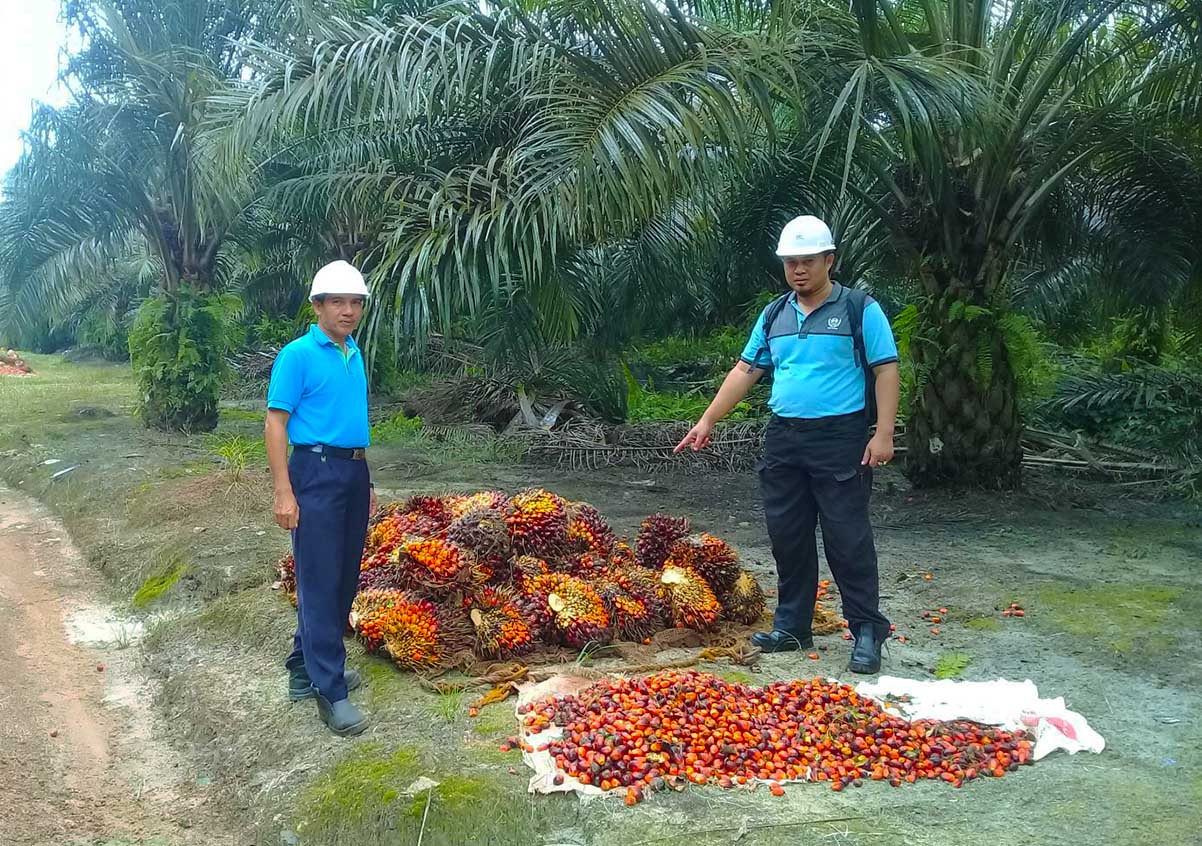
The PLASMA Programme
The programme provides financial assistance, access to good agricultural practices, and a crop purchase guarantee to partner farmers in the Group’s plantation sector. The goal is to ensure sustainable and profitable yields, provide job opportunities and a sustainable livelihood for the farmers. The programme has been successful in developing over 7,522 ha, benefiting more than 6400 households in the Kalimantan and Papua regions, with plans underway to develop 19,598 ha in collaboration with designated smallholders.
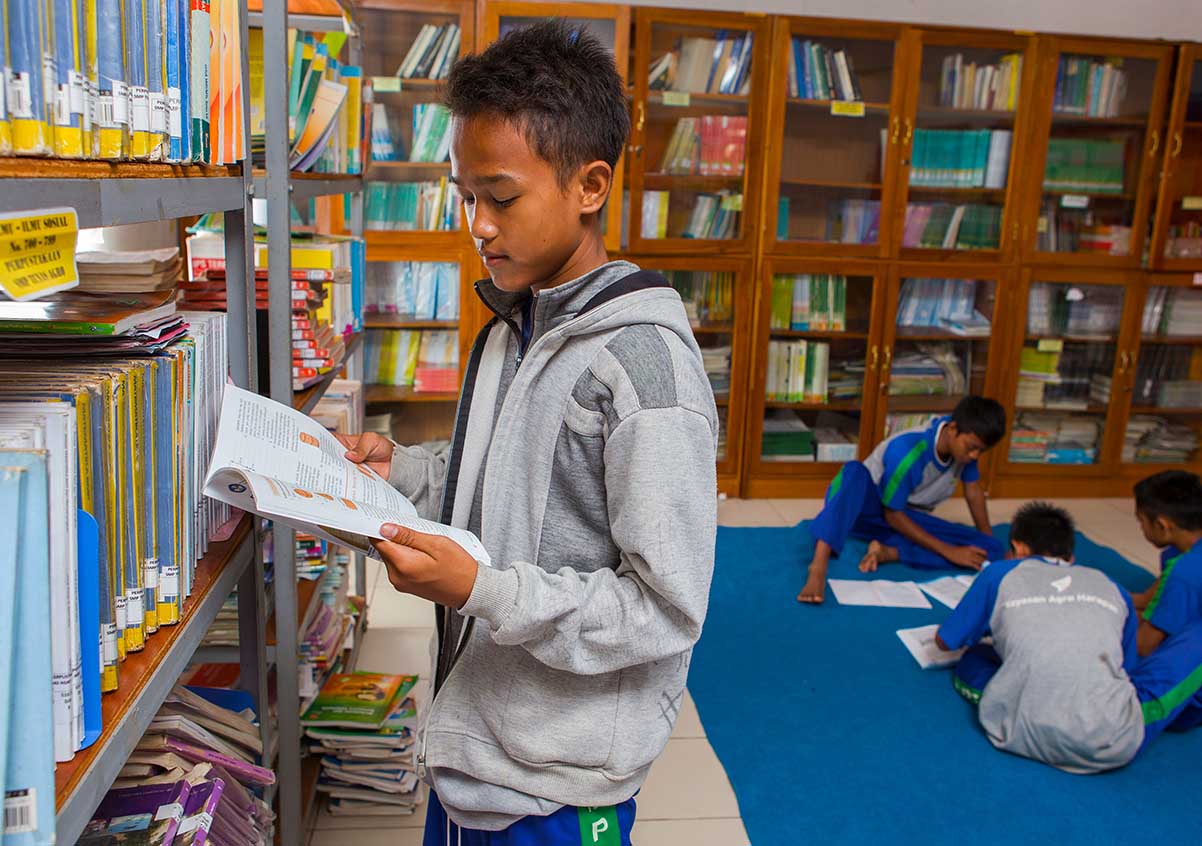
Agro Harapan Foundation
Established in 2008, the Agro Harapan Foundation provides quality education to children in communities near its plantations and neighbouring villages through the management of 12 schools. It employs 100 teachers and offers free education to approximately 1,133 students, ranking second only to public schools in this regard.
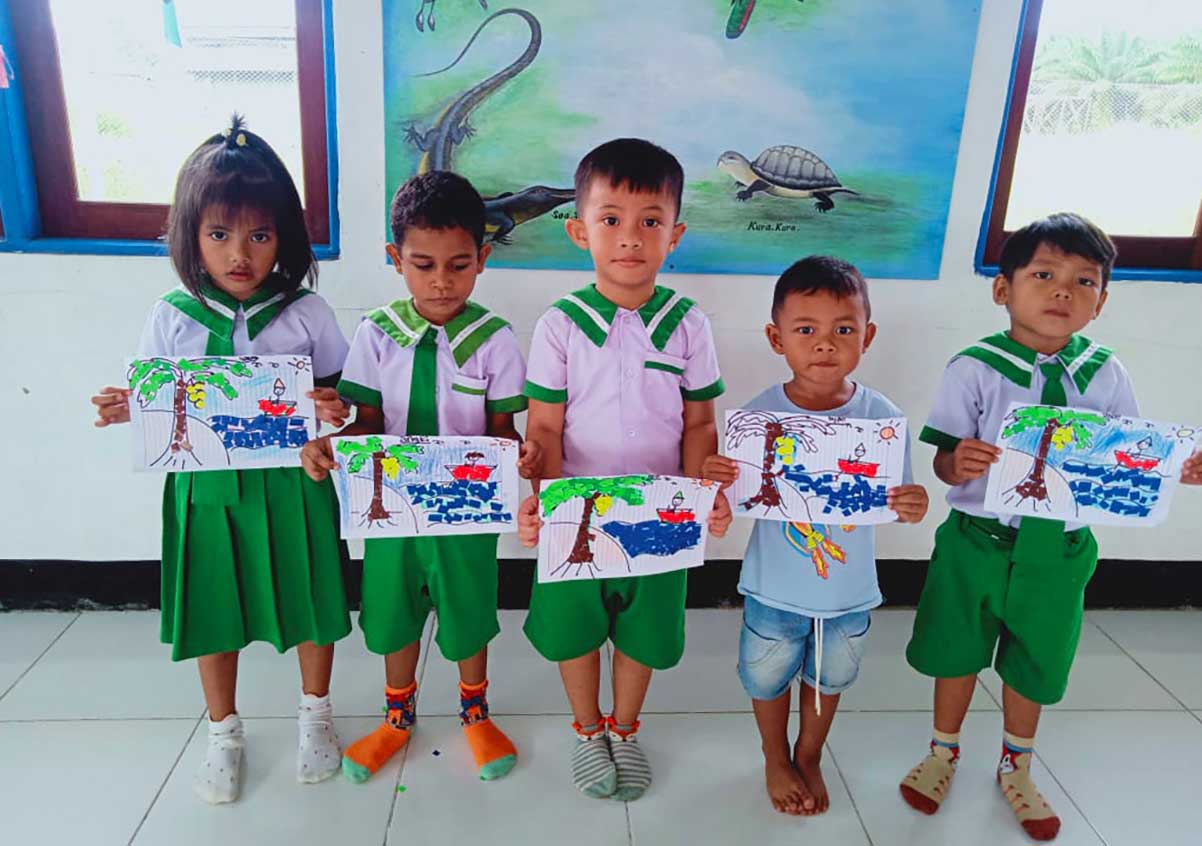
SMP Tunas Agro at PT Agro
Indomas Central Kalimantan
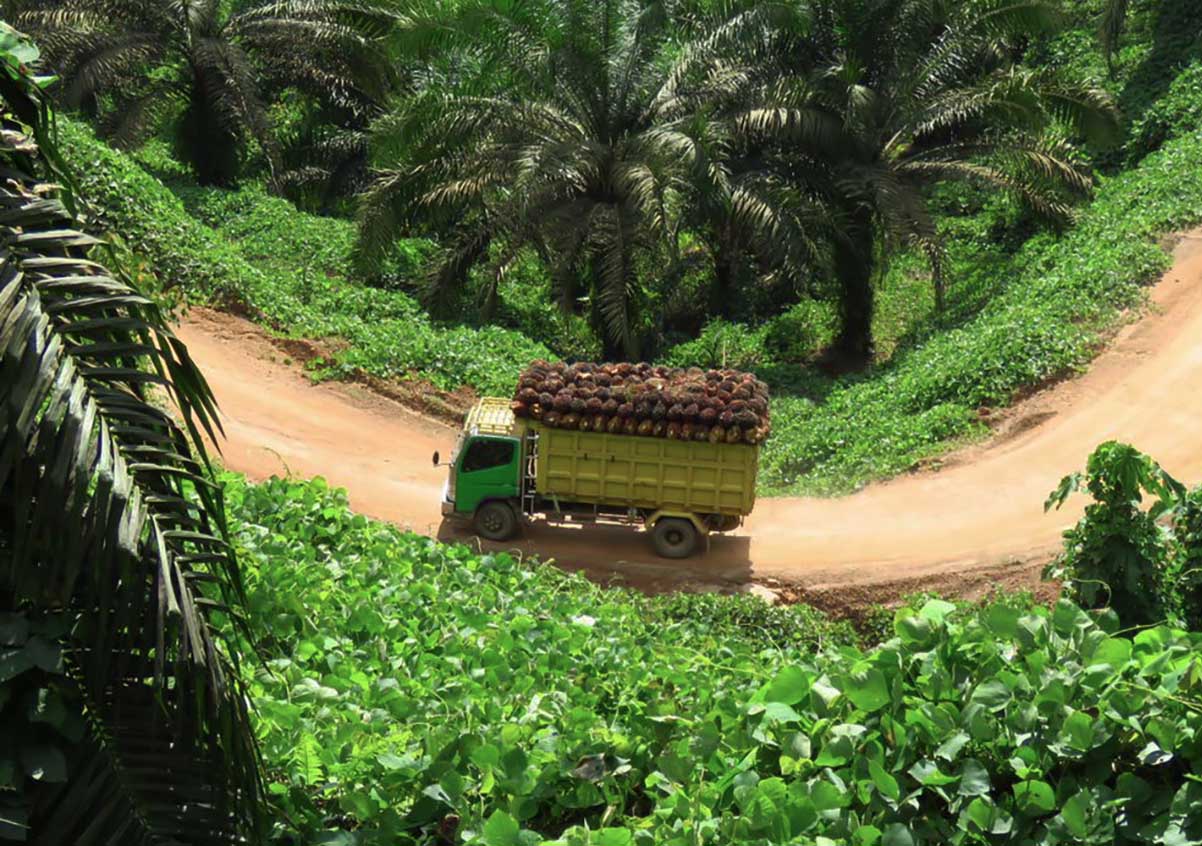
Mitra Makmur Programme
We have started a programme where the Company enters into agreements with individual community members for transporting Fresh Fruit Bunches (FFB). The Company helps these individuals by purchasing dump trucks that are then leased to them. This programme empowers beneficiaries and their families with lasting skills and opportunities, leading to stable livelihoods and fostering stronger, mutually beneficial community ties.
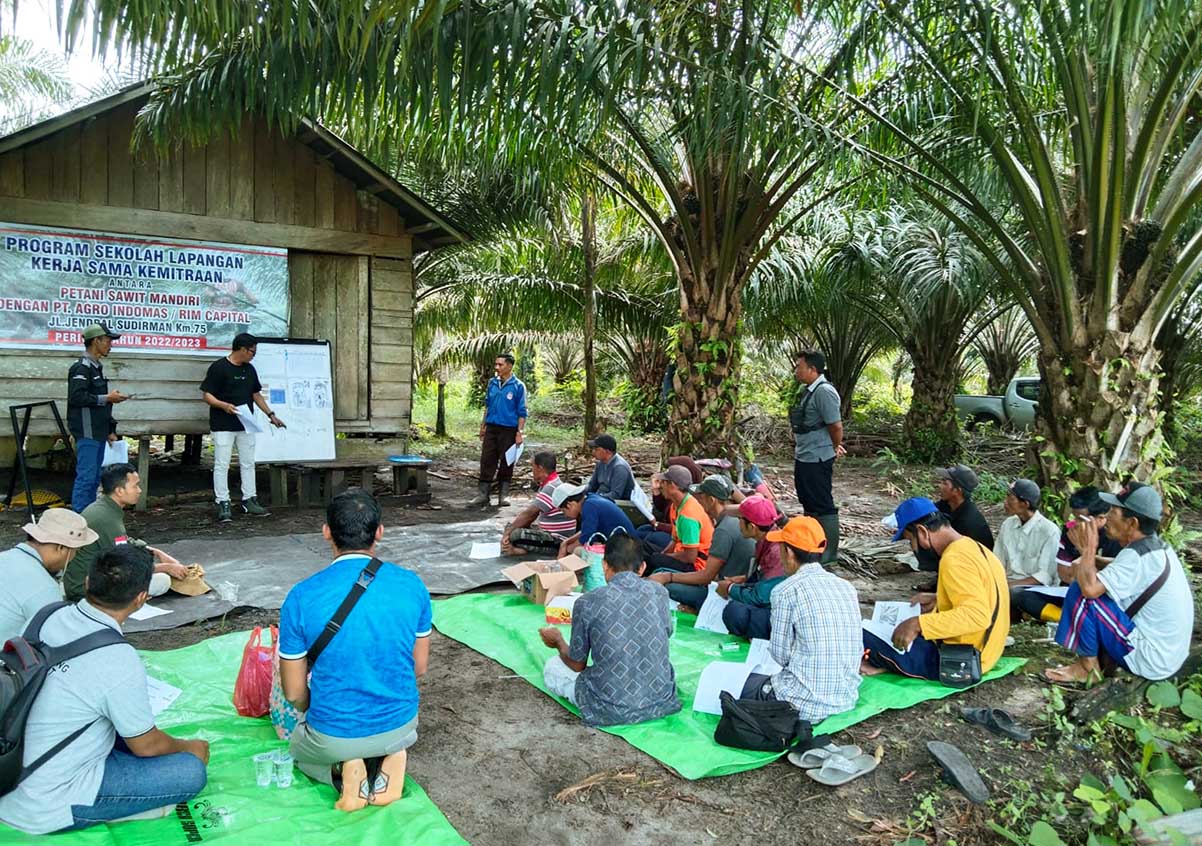
Village Improvement
Programme
The “Desa Gemilang” village improvement programme was launched in 2013, in three mature plantations in Central Kalimantan and South Kalimantan. The focus is on holistic community development and improving livelihoods in 12 pre-identified villages. The programme is done in collaboration with the Al Azhar Foundation, a national education foundation. It prioritizes empowering women and youth to generate income and provides life skill development courses to promising youth. Capacity building workshops are also provided to village heads to improve their administrative skills, particularly in ensuring food security during economic hardships or natural disasters.

